Menu
Home » What is raw food?

Veganism and a plant-based raw food diet have taken us and many people we know to a place of improved physical and mental well-being. The view from here is fantastic. Having made that journey, we want to help you make it too. We want you to see what we see and feel how we feel.
Almost everyone knows that veganism is a plant-based diet. Fewer people know what a raw food diet is.
A raw food plant based diet consists of unprocessed, raw plant foods that have not been heated above 48 degrees celsius/118 degrees fahrenheit.
The theory behind raw food is that cooking above this temperature starts to destroy the enzymes in food that aid digestion.
Raw food is kept as close to its natural state as possible.
We believe the health benefits of veganism and a raw food diet to be significant. And this has also been seen in scientific research.
A landmark study in The Journal of the American Medical Association (JAMA) found that non-vegetarians had an almost 25% greater mortality rate than vegans – even after controlling for lifestyle factors and behaviour.
Yes, anecdotally people who are vegan have made a choice about their lifestyle and are therefore more likely to look after themselves better and think about their health.
But ‘controlling for lifestyle factors’ means that if you have a vegan and a meat eater who do not drink or smoke and who also exercise regularly (or who smoke like chimneys, drink like fish and never leave the couch), then the meat eater is almost 25% more likely to die over time than the one who is vegan.
There is also strong evidence, in the shape of numerous studies, that veganism leads to lower blood pressure and cholesterol levels.
Good news for vegans. Not so good news for meat eaters.
We admit, however, that science is divided on certain aspects of the health benefits of veganism.
Some studies have not found the link between a vegetarian/vegan diet and lower mortality rates to be quite so strong as the landmark study in the JAMA. They don’t find that it damages health, only that the benefits are less than other scientists have claimed.
This could be because the link is genuinely not that strong.
Or it could be, as many researchers believe, that this is down to the fact that much more processed vegetarian/vegan food is available nowadays, meaning that a vegetarian/vegan diet is closer to a non-vegetarian diet in terms of salt and additives than it was when you had to do all the preparation for yourself.
Which actually makes the case for a raw food lifestyle even stronger.
We accept that the scientific jury is, to a degree, out on the issue.
All we know is that veganism, and particularly raw food veganism, works for us and countless others.

A raw food diet consists of unprocessed, raw plant foods that have not been heated above 48 degrees celsius/118 fahrenheit
Advocates of a raw food diet (that’s us!) say that cooking above this temperature starts to destroy the enzymes that aid digestion.
They also say that it lowers nutrient content, as well as leading to the creation of toxins in certain foods.
Many nutritionists say the science is not quite there to support claims that a raw food diet automatically brings massive benefits.
They say, quite rightly, that the body makes its own enzymes to aid digestion and that some nutrients are actually released by cooking. But advocates of raw food say that this need to create enzymes destroyed by cooking creates stress on the pancreas.
Some followers of a raw food diet say that food that has been cooked is ‘dead food’. It is quite an emotive description and not everyone in the raw food movement uses this sort of language.
But what cannot be questioned is that – dead food or not – many, many people who embrace raw food simply feel much, much better physically and mentally having done so.
It is like so many things in life – try it, and, if it works, then keep doing it.
We tried it. It worked. We kept doing it and it kept working. Now we are looking to help others make that move to where we are – a place of improved physical and mental well-being.
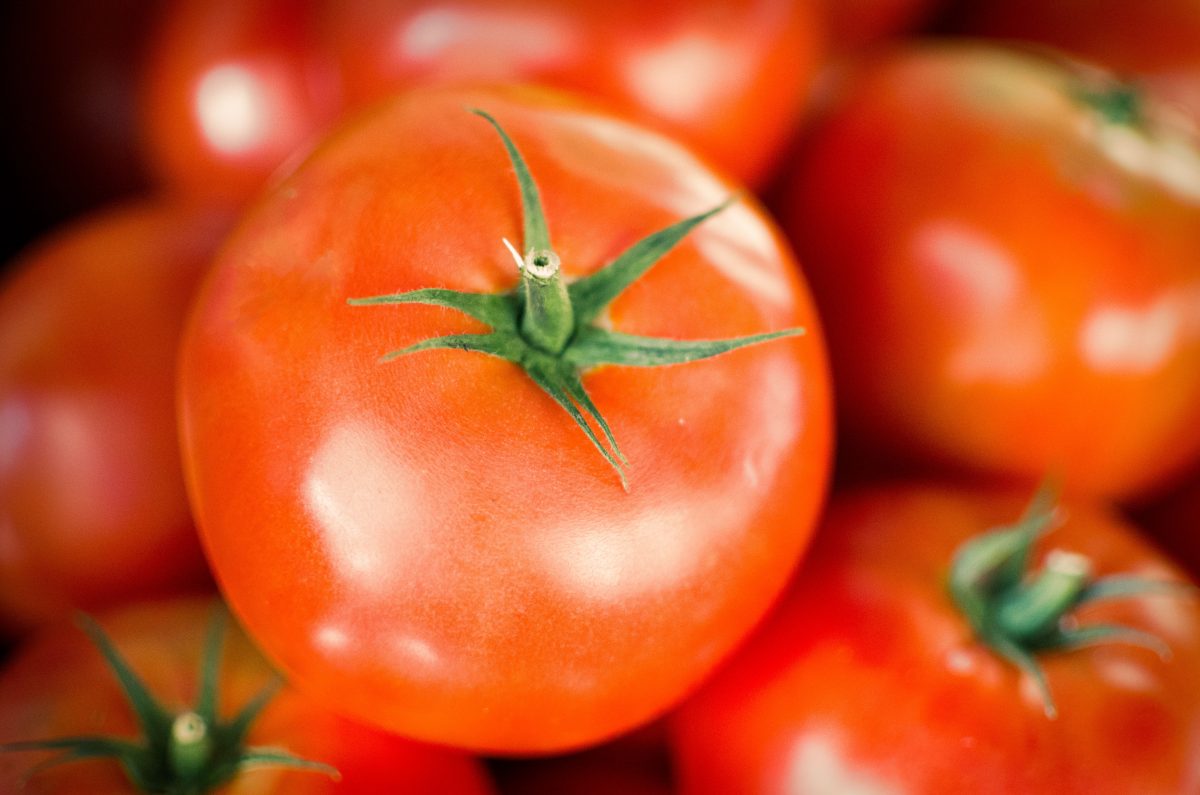
We could talk for ages about this, but we will save time by giving you a list of things people eat on a raw food diet:
Foods to avoid include:
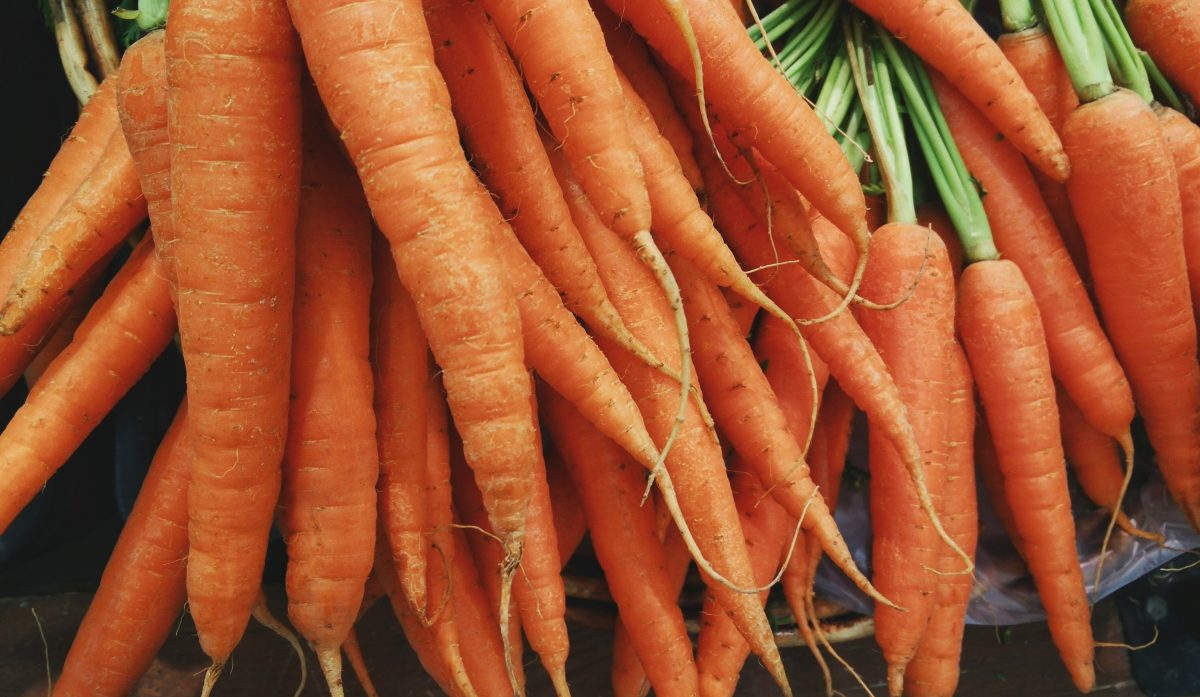
As we have said, science is currently divided on the extent of the benefits of veganism.
Some researchers say that the benefits are huge:
Other studies have not found the link to be quite so strong.
All we can say is that veganism, and particularly raw food veganism, works for us and loads of others who we know.
There is some really interesting and much more consistently supportive research on out there on how a vegan (raw food) diet affects key factors in the development of cardiovascular disease, one of the Western World’s major killers:
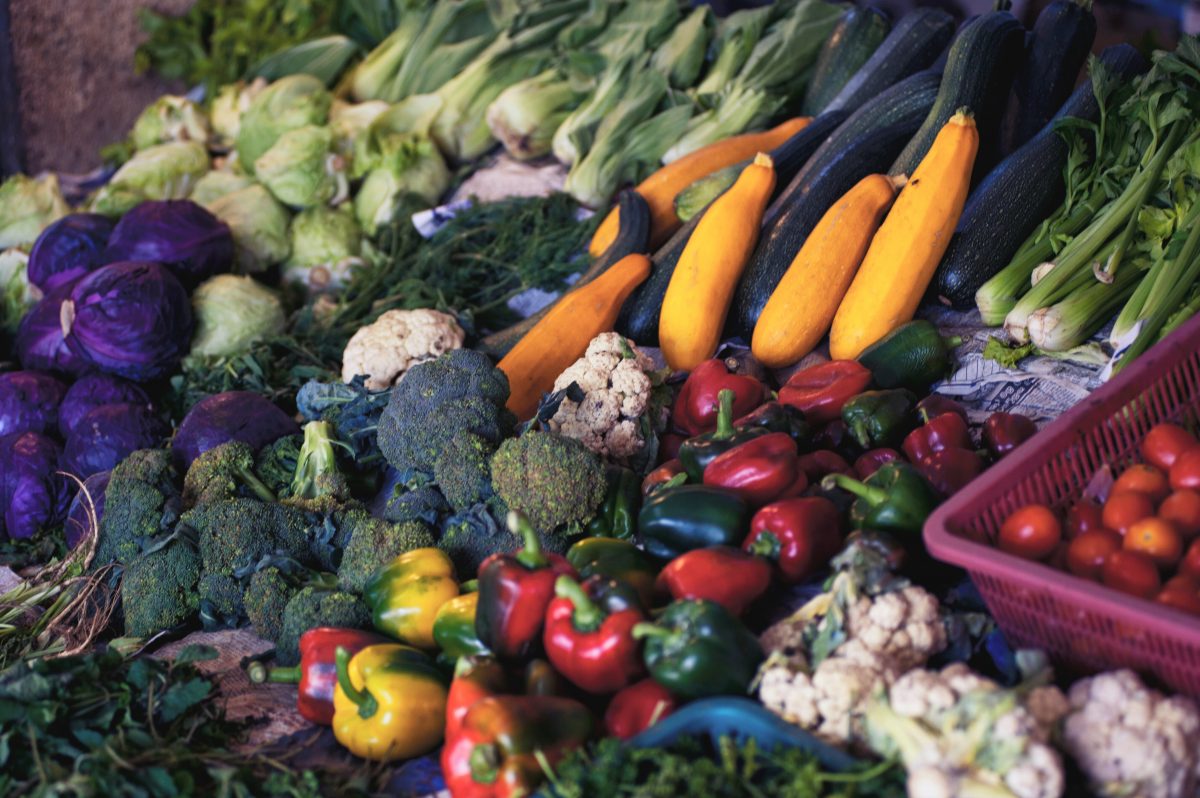
The simple answer is ‘yes’. When you embrace veganism and the raw food movement, you will be saving the planet, because your mindset will change.
A landmark paper published in the journal Science last year reached an extraordinarily stark conclusion – only veganism can save the world from climate disaster.
The study led the acclaimed Oxford environmentalist George Monbiot to write: “Whether human beings survive this century and the next, whether other lifeforms can live alongside us: more than anything, this depends on the way we eat.
“We can cut our consumption of everything else almost to zero and still we will drive living systems to collapse, unless we change our diets. All the evidence now points in one direction: the crucial shift is from an animal- to a plant-based diet.”
The paper found that animal farming takes up 83% of the world’s agricultural land, and delivers only 18% of the calories we consume. A plant-based diet, the report added, cuts the use of land by 76% and halves the greenhouse gases and other pollution that are caused by food production.
Another landmark study in the journal Nature in October 2018 reached the same conclusion.
It’s said that the world’s current food production system has “contributed to the crossing of several of the proposed ‘planetary boundaries’ that attempt to define a safe operating space for humanity on a stable Earth system”.
It added: “Greenhouse gas emissions cannot be sufficiently mitigated without dietary changes towards more plant-based diets.”
So do it. Do it for your body. Do it for your mind. And do it for the planet.
To quote George Monbiot again: “The shift is ours to make.”

We are not going to lie. Some aspects of switching to a raw food diet require more time than continuing with your current diet. It is quicker to stick a ready meal in the microwave or cook some pasta and chuck a jar of sauce over it than it is to prepare a lot of raw food meals. Mind you, eating a raw carrot or an apple is pretty hassle-free.
Nuts, beans and pulses – some of the staples of a raw food diet – are soaked overnight and washed. This breaks down the phytic acid and enzyme inhibitors, which makes nutrients in these foodstuffs easier to absorb, saving your liver a job.
Clearly, it is more time-efficient in the modern world to let your liver work hard doing this. Equally clearly, why would you make your body work hard to do it, when you could take two seconds to soak something overnight and then give it a rinse in the morning?
Like most things, if something is worth doing, then it is worth doing properly. Fuelling our bodies is one of the most fundamental things we do. It is up there with breathing properly.
Taking that little but of extra time will, we believe, provide raw fooders with huge benefits.
This is kind of linked in with the whole ‘time thing’, sprinkled with a seasoning of ‘temptation’. We know that there will be evenings when you want to take the convenient option and stick a pizza or something in the oven.
We say that you should not beat yourself up over your motivation levels. Motivation levels fluctuate. Just because they are high one day and lower the next, it does not mean that you are not motivated.
If you slip up occasionally, through necessity or through what unkind and judgemental people might call ‘weakness’, then that is to be expected.
Just because you cannot do it all the time, it does not mean that you cannot do it most of the time. And most of the time is better, in our opinion, than not at all.
Persistence beats perfection, we say.
Most social occasions have a focus on food. Wedding? There’s at least one meal. BBQs? Well, it’s all about sitting in the sun while food is cremated. Holidays? The only thing you have to worry about is where you are eating next. Birthday parties? It’s not just the kids who eat badly at them.
No one wants to miss the opportunity to be part of a social occasion. And no one wants to make it awkward for people hosting events by demanding certain types of food.
Relax! More and more people and restaurants are catering for vegans or raw fooders. If they can’t cater for you, or you are reluctant to ask, then just take an afternoon off, or do what I do and take a salad with you and or a dish to share, people love it.
You should never let a raw food diet ruin your fun. That is not what it is about.
If you can look back in 50 years and say that you followed a raw food diet most of the time and also lived life to the full, then we (and you) will be very happy.
Don’t spend thousands on new kitchen stuff when you are starting out. Start simple.
You need four things when starting out:
Once you have decided that you are ready to embrace a raw food lifestyle long term, then you can spend a bit more money on a higher-spec blender, juicer, food processor and, possibly, a dehydrator.
Honesty time – following a raw food lifestyle can sometimes be a little more expensive. It is not that much more. And, as you become more accomplished, it is often a similar cost.
You will be spending more on fruit and veg, but you will be spending less on wheat, meat and dairy.
If you are spending slightly more money, then you could regard that as an investment in your health. Just like a gym membership. Or a pair of trainers. Or a bike. Or a private health plan (welcome to our site, Sir Hugo).
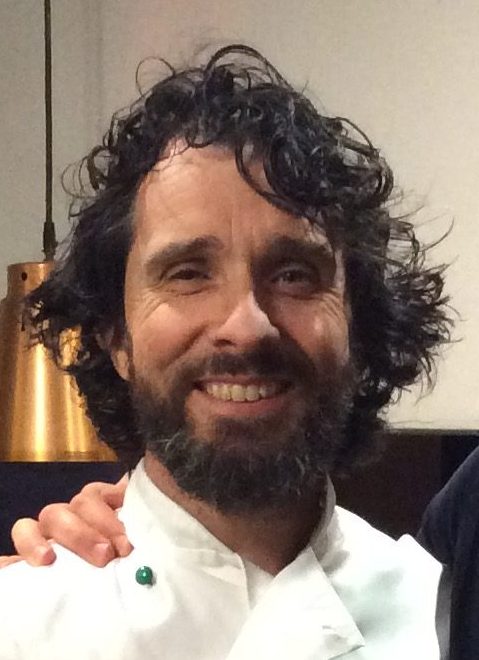
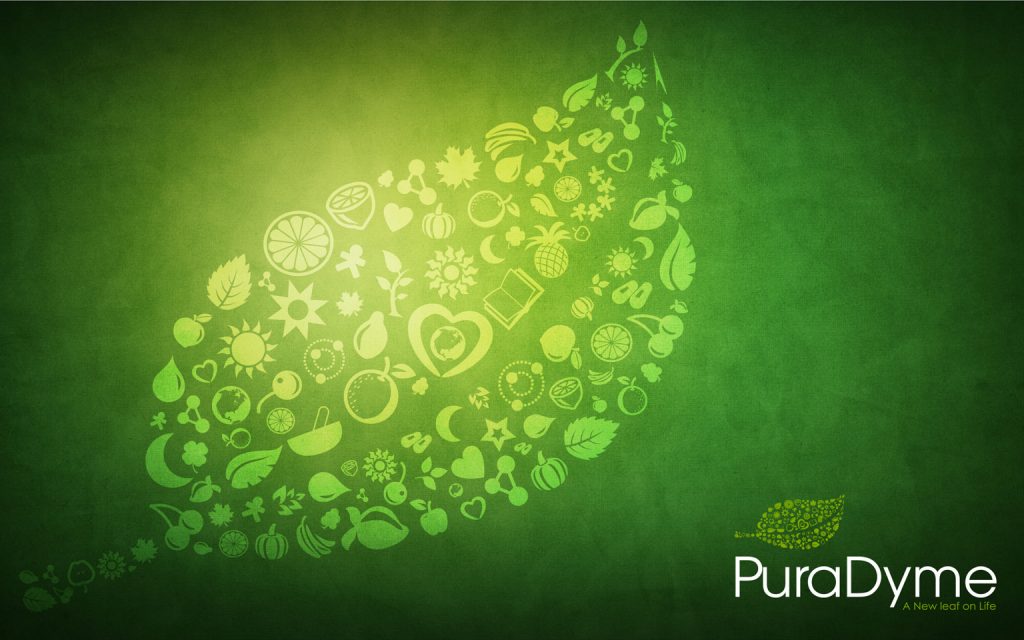
puradyme: world leaders In food supplements and cellular health
Copyright 2019 © The Raw Builder